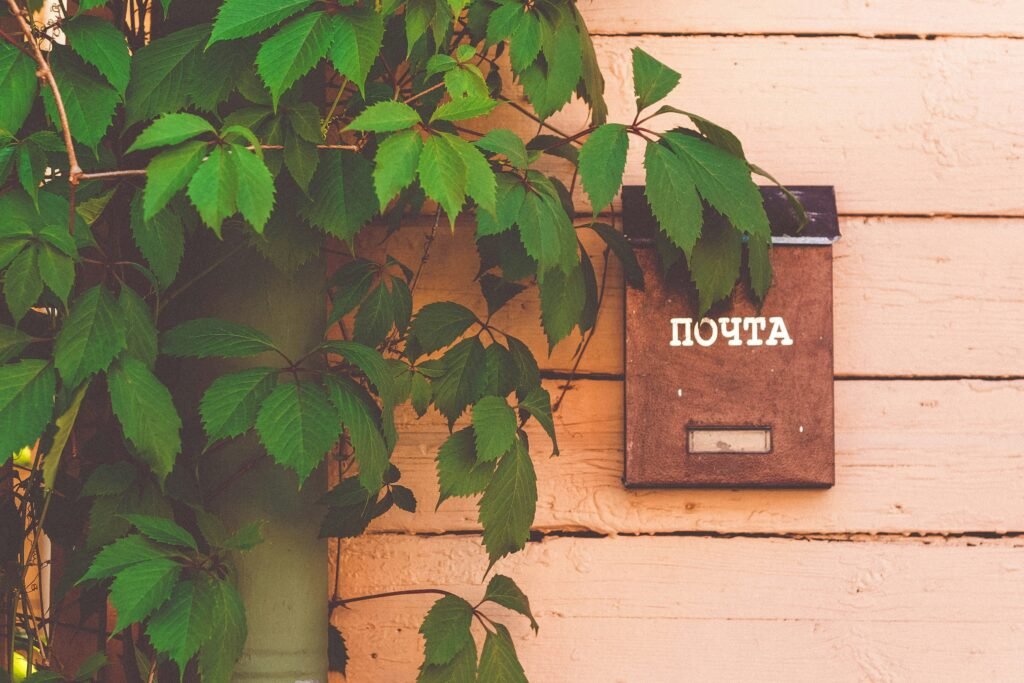So – you want to learn Bulgarian? Or you’re planning on moving to Bulgaria for university, or work, and you need to learn Bulgarian. Whatever the reason, you’ve arrived here, probably because you are a little lost on how to start your language learning journey.
While you are here you will find out:
- Why you should learn Bulgarian.
- Precise reasons why learning Bulgarian will benefit you.
- Some genuinely honest advice from someone that has been in your position.
Is Bulgarian similar to other languages?
Over 10 million people around the world speak Bulgarian. This fact alone shows that learning Bulgarian will open up a world of opportunities to you, from potential promotions at work to developing lifelong friendships!
When learning a new language, the possibility of easily understanding and learning multiple other languages always gets me motivated. So let’s start with some fun figures to get you hyped!
If you speak Bulgarian you’ll understand approximately:
60% of Macedonian (75% of Bulgarian vocabulary is shared with Macedonian)
40% of Serbian (The Southern Serbian dialect is even more coherent for Bulgarian speakers)
30 – 40% of Montenegrin
30 – 40% of Bosnian
30 – 40% of Croatian
Fun fact: In the 20th century, during the existence of Yugoslavia – Serbia, Bosnia & Herzegovina, Croatia, and Montenegro all used the Serbo-Croatian language. In a country the same size as the United Kingdom (and the state of Oregon) different regions were considered to merely have dialects of Serbo-Croatian, as opposed to the separate languages that we view them as today. Hence why you’ll understand so many other languages just from learning Bulgarian!

Is learning Cyrillic worth it?
Lets start with a fact – It is entirely possible for you to learn Bulgarian without understanding Cyrillic. Are you breathing a massive sigh of relief right now? Well, not so fast! I said it was possible… but it is actually a lot harder.
Hear me out – I have a tonne of evidence and logic to back this up.
Firstly, Cyrillic was intentionally developed with Slavic languages in mind, meaning every letter has a consistent purpose. If English isn’t your mother-tongue, or you already speak more than one language, you’ll know that English is a very counter-intuitive language. Spelling and pronunciation in English are neither phonetic or predictable.
Bulgarian is the opposite of this. In the context of learning Bulgarian, with its unique sounds and pronunciations, understanding Cyrillic makes understanding the language easier, not harder.
For example: Ж (Zh) – This represents the sound similar to the “s” in “measure” or the “g” in “genre” or “beige”. If you were to write down that sound phonetically in English it would be something like “szjeu” and even then – it still isn’t very obvious. The “zh” sound is quite common in the Bulgarian language, as well as many other Slavic languages. Making the letter “Ж” a vital tool for you to remember that exact sound!

Fun facts about the Cyrillic alphabet:
Cyrillic is used in almost 50 countries, with over 200 million people using it daily as their primary or only alphabet.
- The Cyrillic alphabet has been around for over 1,100 years. For scale – That is twice as long as the USA has been considered a country!
Luckily for you, Cyrillic is read from left-to-right, the same as English.
- Cyrillic was invented in Medieval Bulgaria, and developed in the Preslav Literary School during the late 9th century.
My Best Advice For Learning Bulgarian
The best advice that I ever received on my language learning journey was – Don’t get angry at the language.
Whilst begrudgingly learning my second language, I declared the language ridiculous more times than I care to admit.
You will get frustrated, you’re only human. Sometimes because it seems too complicated, it makes no sense, or is honestly just testing your patience. You might feel like you are stupid, or decide that the language is just too hard – and maybe even consider quitting.
These feeling can make you resent or even hate the language. When this happens, you need to take a deep breath, walk away, and remember that everyone has to start somewhere. Babies aren’t born with the magical ability to communicate, it takes time and patience – you have both of these skills already. So stop scrolling on the internet and get back to learning Bulgarian!

